(USMLE topics, obgyn, gynecology) This video and other related videos (in HD) are available for instant download licensing here : https://www.alilamedicalmedia.com/-/galleries/narrated-videos-by-topics/common-ob-gyn-problems ©Alila Medical Media. All rights reserved. Voice by: Ashley Fleming All images/videos by Alila Medical Media are for information purposes ONLY and are NOT intended to replace professional medical advice, diagnosis or treatment. Always seek the advice of a qualified healthcare provider with any questions you may have regarding a medical condition. Help us make more videos like this: patreon.com/AlilaMedicalMedia Menopause marks the end of reproductive years in a woman’s life, when menstrual periods stop permanently. Menopause usually occurs naturally, as a result of declining levels of reproductive hormones, estrogen and progesterone, produced by the ovaries; but it may also happen prematurely after surgical removal of the ovaries, as a side effect of cancer treatments, or in a condition known as primary ovarian insufficiency, where the ovaries fail to produce hormones. Menopause is usually preceded by a transient period called perimenopause, when hormone levels start to drop. The last couple of years leading to menopause may bring symptoms such as hot or cold flashes, mood swings, insomnia, vaginal dryness, urinary urgency, and dry skin. Some women may also experience temporary heart racing, headaches and hair loss. The most telling sign that menopause is approaching is the irregularity of periods. Skipping a period or two is common. The cycles may also be shorter. Periods may be heavier or lighter than usual. Most symptoms usually ease in the years after menopause, but low levels of estrogen may cause other health problems. Because estrogen influences bone density and has a protective action on blood vessels against cholesterol plaques, low estrogen levels increase risks for bone loss, known as osteoporosis, and cardiovascular diseases. Low estrogen also weakens the tissues supporting the urethra, causing urine leakage, or urinary incontinence. Risks for urinary tract infections also increase after menopause. While menopause is a natural stage of life and does not require medical treatment, it is important to maintain a healthy lifestyle including physical exercise and diets sufficient in calcium and vitamin D, to counter the risks of heart diseases and osteoporosis. Women with persisting or severe symptoms may also benefit from certain treatment options: – Topical estrogen in the form of cream, tablet or ring, administered directly to the vagina, can be effective for treatment of vaginal dryness and urinary problems. – Kegel exercises strengthen pelvic floor muscles and may help treat urinary incontinence. – Estrogen replacement therapy is effective for treatment of severe hot flashes and may help prevent osteoporosis. However, it is associated with higher risks for cardiovascular diseases and breast cancer, and should be considered only for women with high risks of osteoporosis who cannot take non-estrogen medicines. Hormone therapy should be used at the lowest dose for the shortest duration needed to achieve treatment goals.
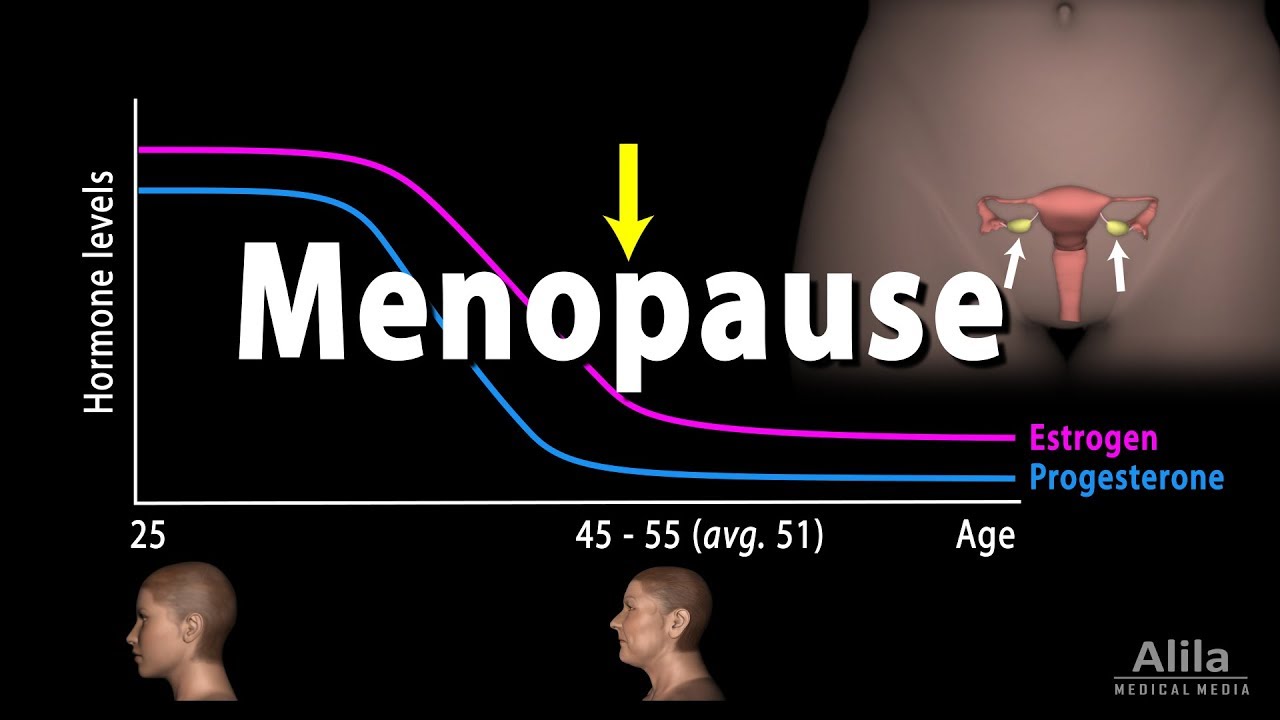
Menopause, Perimenopause, Symptoms and Management, Animation.
- Post author:admin
- Post published:October 15, 2021
- Post comments:0 Comments
You Might Also Like
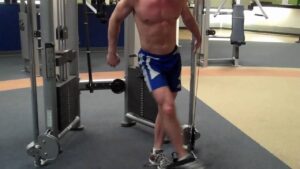
Adductor Machine-2

Anorectal Surgeries Video – 2

Pectoralis Pushups-6

Bodybuilding Nutrition, Diet Recipes & Workout – 13

DEXA in one minute!
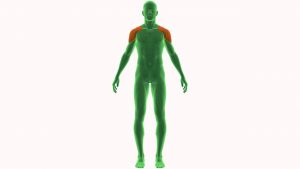
Progressive Muscle Relaxation
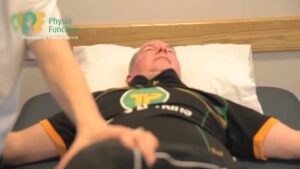
Neurological Physiotherapy Video – 1
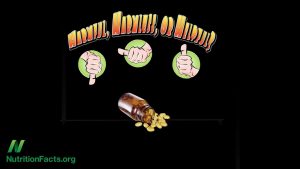
Antioxidant Vitamin Supplements

Sports Physiology Video – 2

Branch Chain Amino Acids (BCAA’s) are made from HUMAN HAIR!!

Shrugs-9
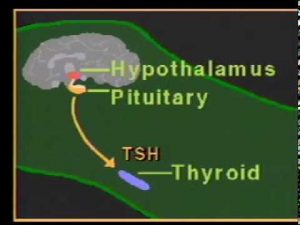
thyroid hormone physiology.mpg
Testosterone

Sugar Free, Low Sugar Video – 24
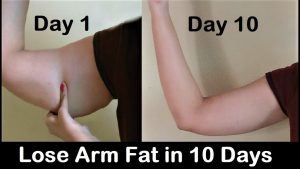
How to Lose Arm Fat – Get rid of Flabby Arms in 1 WEEK, Easy exercise to reduce arm fat

What is Anaerobic Exercise? Benefits of Anaerobic training and workouts
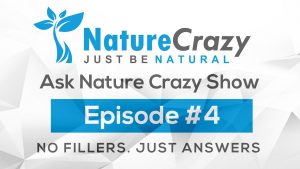
Should I use Minoxidil / Rogaine for my hair loss? | #AskNatureCrazyShow – Episode 4
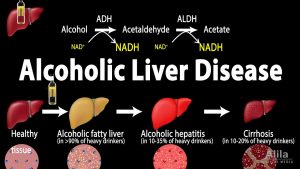
Alcoholic Liver Disease, Animation

Free weights exercise for back muscles: hyperextension on an exercise ball

Fish oil capsule | omega 3 good or bad ? मचली के तेल के फायदे
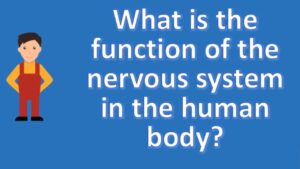
Human Body Systems Video – 4

V-Up Alternating Knee Tuck – 15 Second Fitness
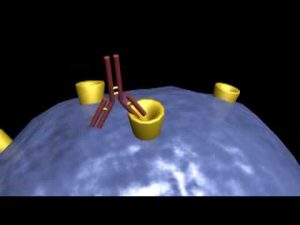
Herceptin: Mechanism of action
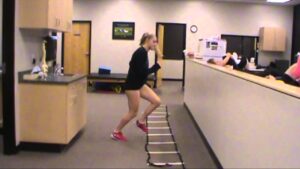
Physiotherapy in Rehabilitation Video – 16
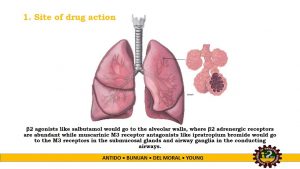
Inhalational Route of Administration
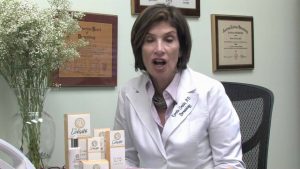
Dermatology & Skin Diseases : Accutane Benefits
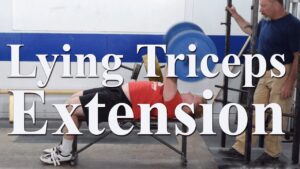
How to do the lying triceps extension with Mark Rippetoe
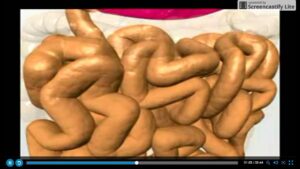
Digestion of proteins fats and carbohydrates
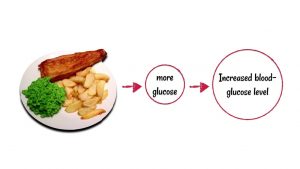
Blood glucose control and diabetes
Adverse Effects Of AS Fatal Heart Attack

Better Running and Stretching Tips for New Runners
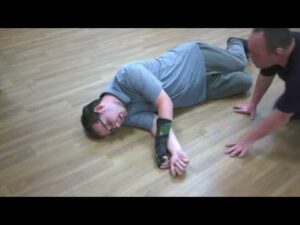
Learning Disability Video – 3

Ginger Soap to Burn under Skin Fat and Get Rid of Cellulite
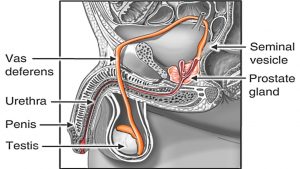
How Sperm Travels through Male Reproductive System Animation – Sperm Release Pathway -Function Video
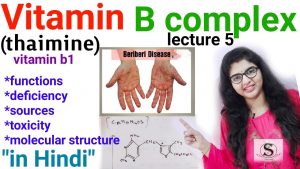
Vitamin B Complex / Vitamin b biochemistry , Deficiency, Sources, Functions / Thaimine /beriberi
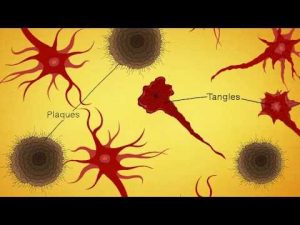
What Is Alzheimer’s Disease?
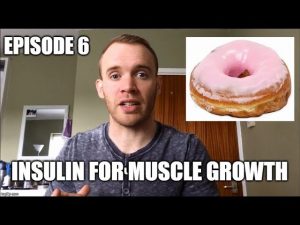
Spiking Insulin For Muscle Growth
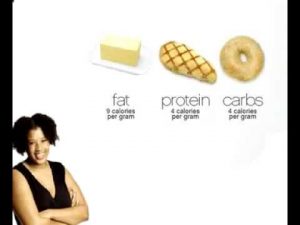
Buy Alli Weight Loss Aid – How Alli Works
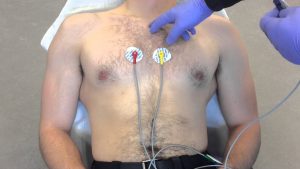
12 Lead ECG Placement example

How To Do Perfect SQUAT | FITNESS SPECIAL | SQUATS For Beginners | WORKOUT VIDEO

Sports Surgeries Video – 3

